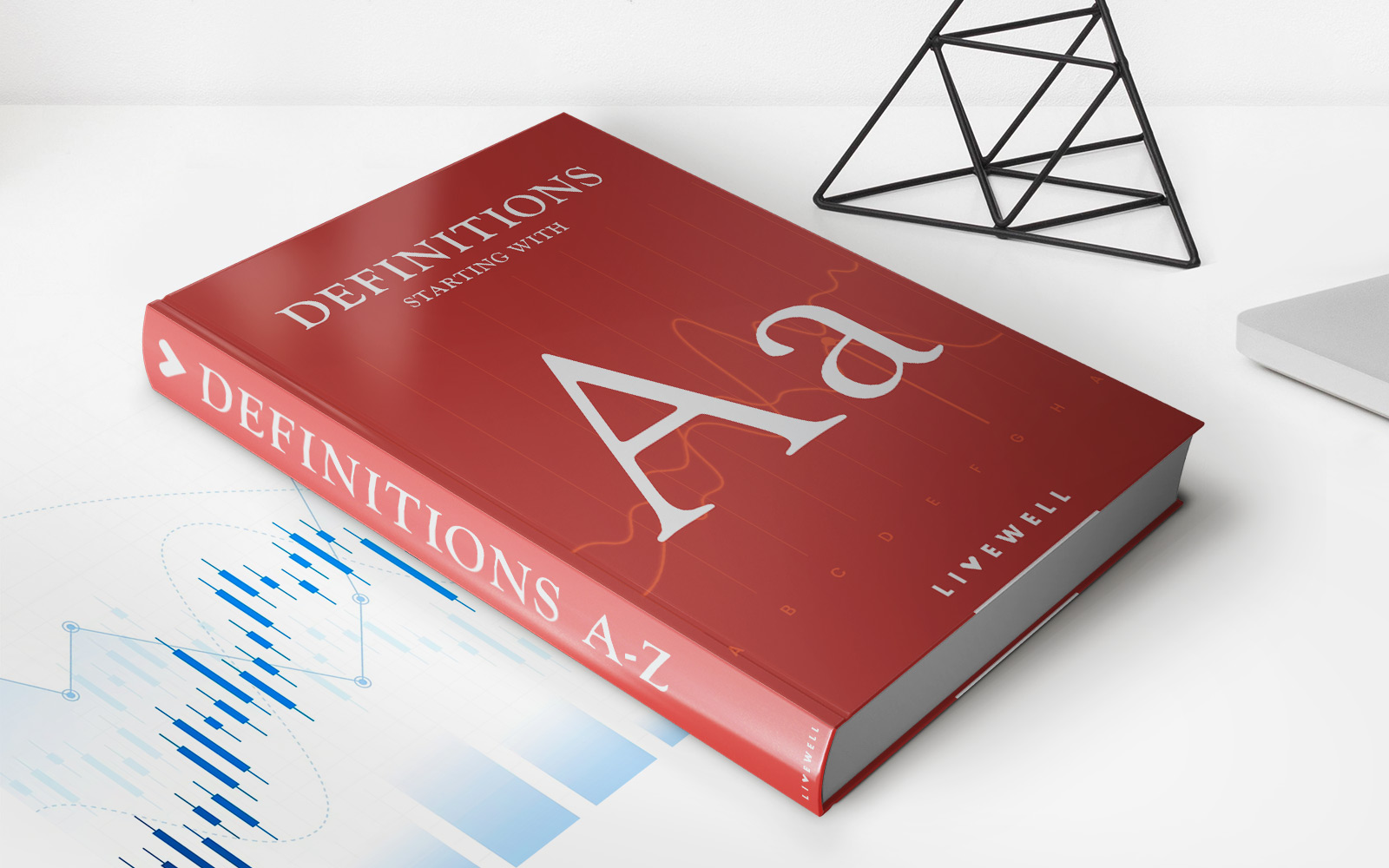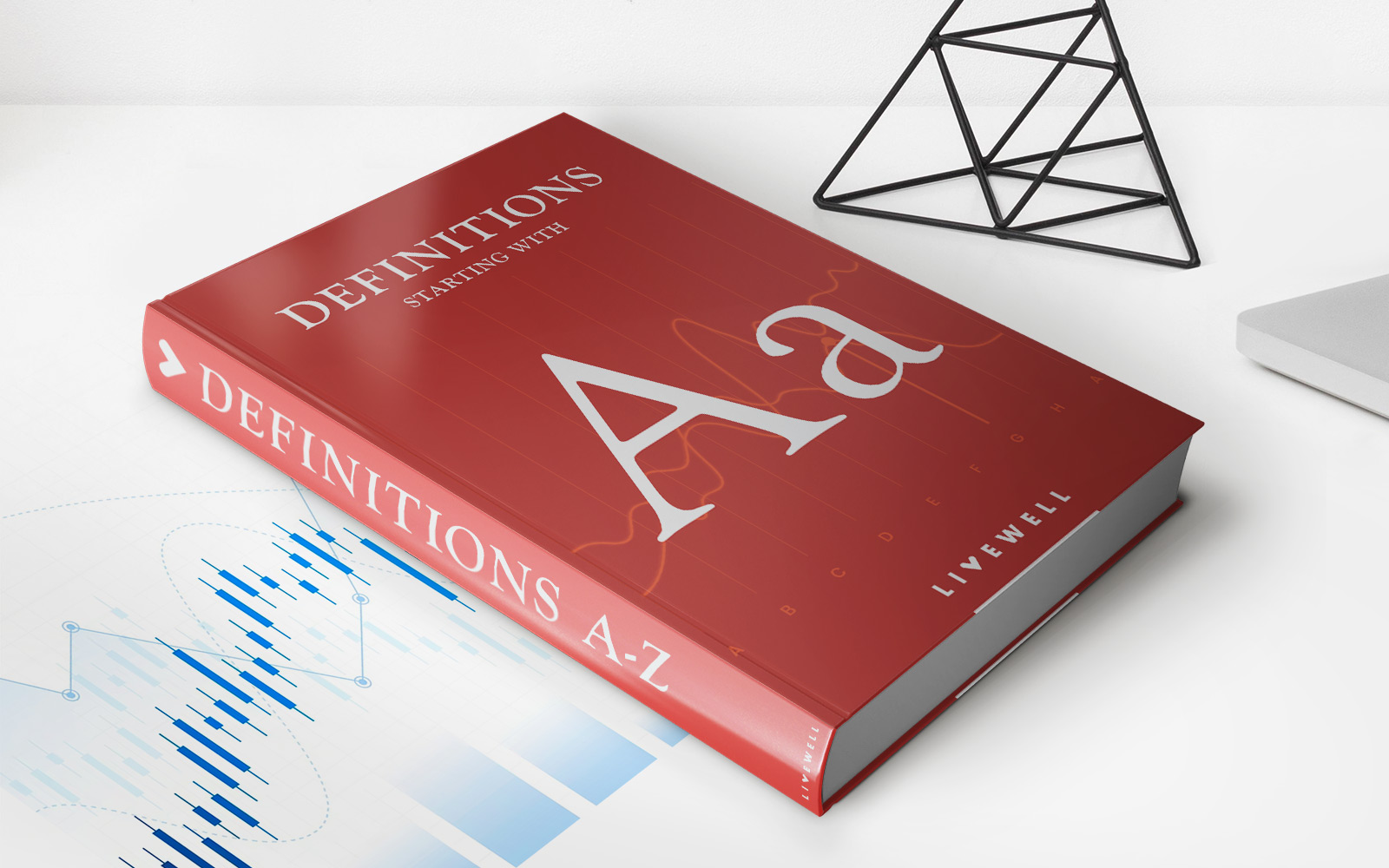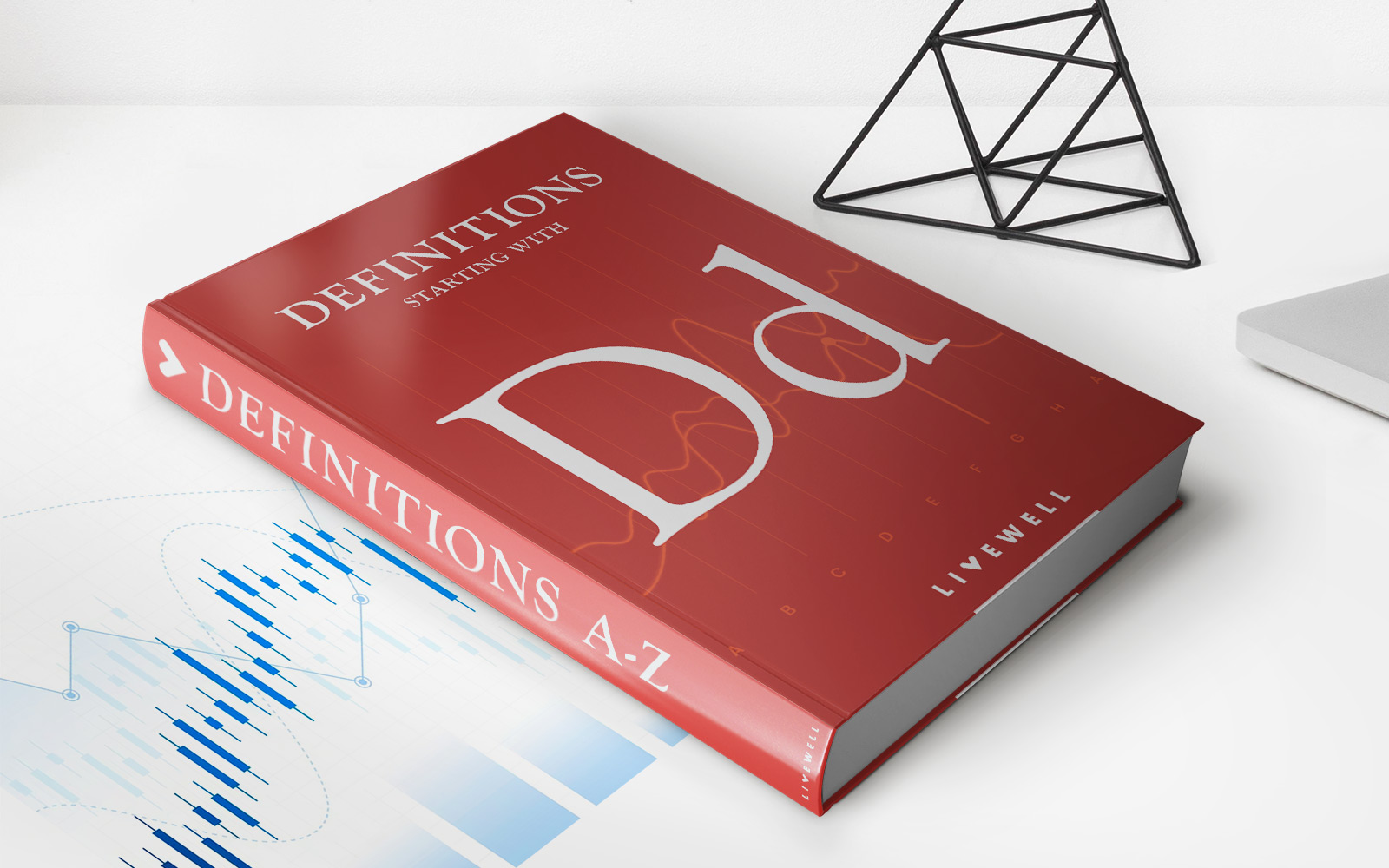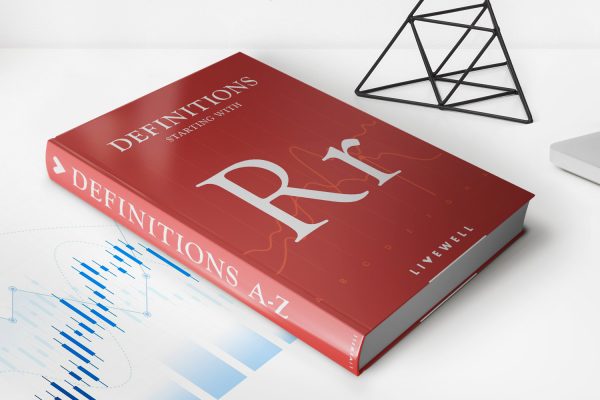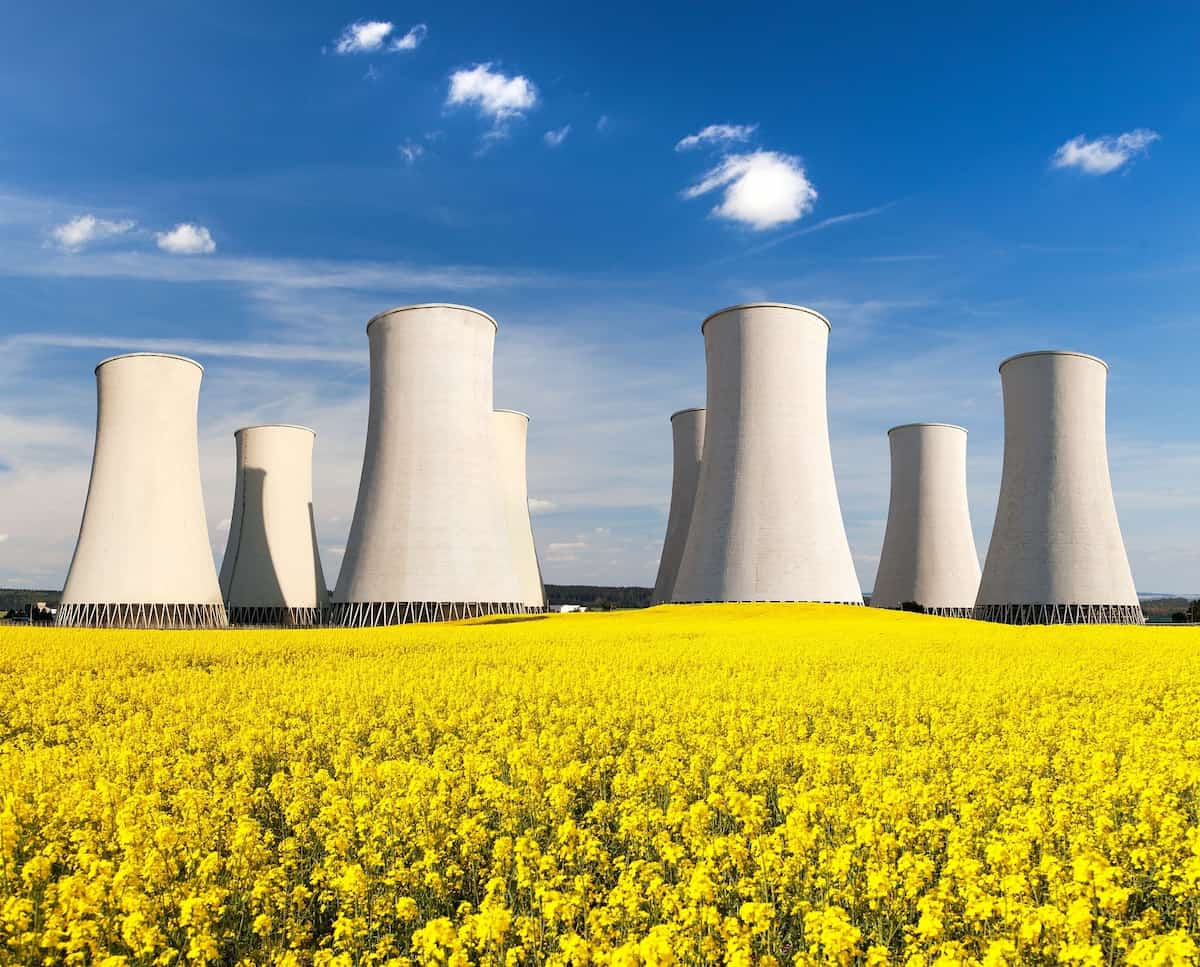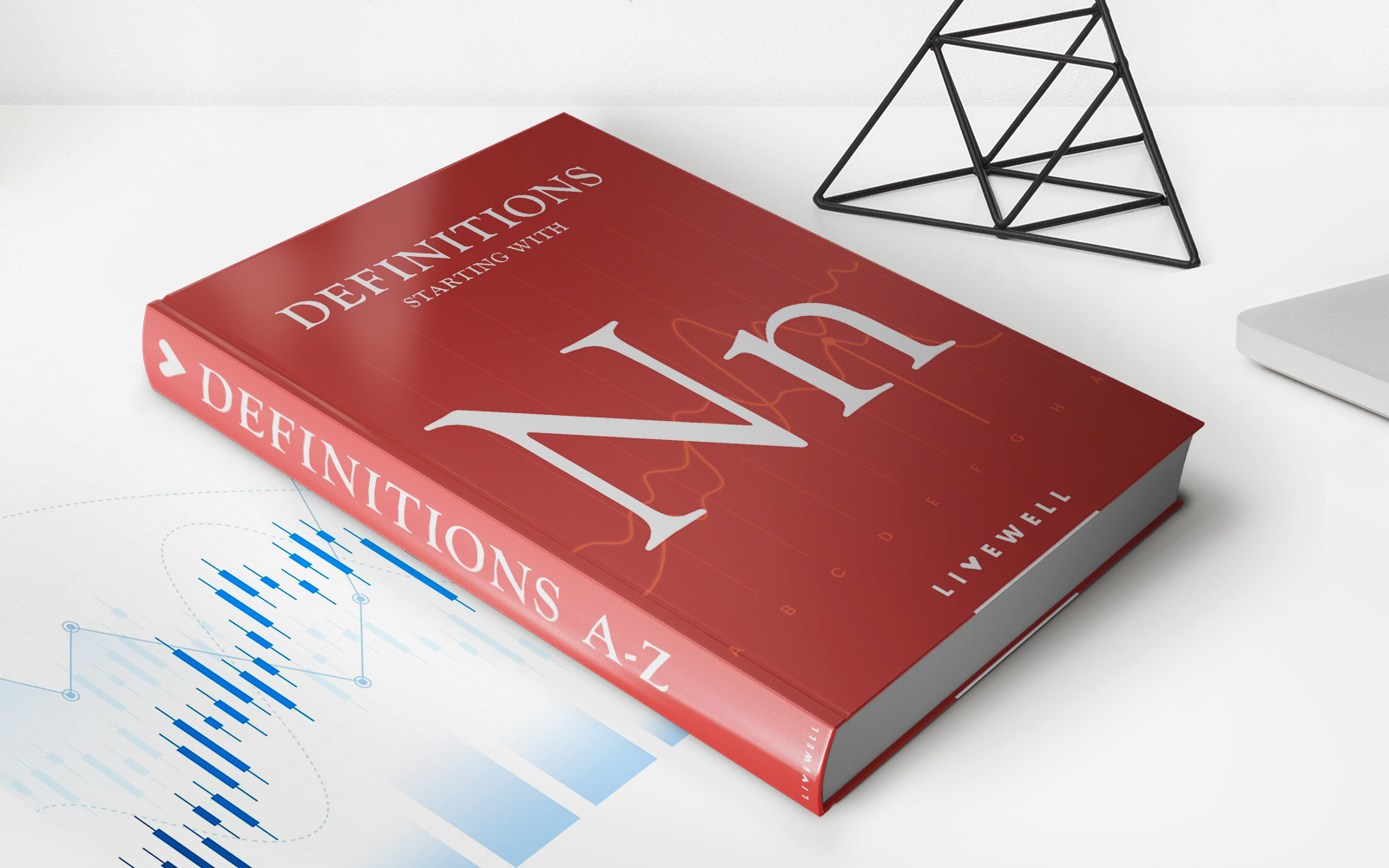

Finance
Nuclear Hazards Clause Definition
Published: January 2, 2024
Learn the definition of the nuclear hazards clause in finance. Understand the potential risks and liabilities related to nuclear activities in the financial sector.
(Many of the links in this article redirect to a specific reviewed product. Your purchase of these products through affiliate links helps to generate commission for LiveWell, at no extra cost. Learn more)
The Importance of Understanding Nuclear Hazards Clause Definition in Finance
When it comes to financial management, staying informed about different clauses and terms is crucial. One such important term that every finance professional and investor should be aware of is the Nuclear Hazards Clause. Understanding this clause is not only essential for safeguarding investments but also for making informed decisions about insurance policies and assessing potential risks. In this blog post, we will explore the Nuclear Hazards Clause Definition and its significance in the world of finance.
Key Takeaways:
- The Nuclear Hazards Clause is a provision found in insurance policies, specifically those related to property and casualty coverage.
- It outlines the terms and conditions under which an insurer will provide coverage in the event of nuclear accidents or damages caused by nuclear hazards.
The Nuclear Hazards Clause primarily addresses risks associated with nuclear facilities, such as power plants and waste storage sites. Given the potential catastrophic consequences of nuclear accidents, having a comprehensive understanding of this clause becomes crucial for individuals and businesses alike. Here’s what you need to know about Nuclear Hazards Clause Definition and its relevance in finance:
The Definition of Nuclear Hazards Clause:
The Nuclear Hazards Clause is a contractual provision found in insurance policies. It outlines the terms and conditions under which an insurer will provide coverage in the event of damages resulting from nuclear accidents or hazards. This clause clarifies the extent of coverage and any specific exclusions related to nuclear incidents.
Generally, the Nuclear Hazards Clause covers both property and casualty insurance policies. Property coverage may include buildings, equipment, and materials damaged as a result of nuclear events, while casualty coverage applies to injuries or death caused by nuclear hazards.
Importance in Finance:
Now, you might ask why this clause is significant in finance or investment decision-making processes. Here’s why:
- Risk Assessment: Understanding the Nuclear Hazards Clause allows finance professionals to assess and manage potential risks associated with investing in properties near nuclear facilities. It helps in evaluating the potential impact of nuclear accidents on asset values, revenue streams, and overall business sustainability.
- Insurance Coverage: The knowledge of this clause enables businesses to make informed decisions about the adequacy of their insurance coverage. They can ensure that their policies adequately protect their assets in the event of nuclear accidents or hazards.
Knowing the Nuclear Hazards Clause Definition also helps individuals and businesses negotiate insurance policies that align with their specific needs. By understanding the terms and conditions, they can avoid potential coverage gaps and ensure appropriate compensation in case of nuclear incidents.
In conclusion, the Nuclear Hazards Clause is a critical concept in the world of finance. Understanding this clause provides essential insights into the potential risks and insurance coverage associated with nuclear events. By being aware of the Nuclear Hazards Clause Definition, finance professionals and investors can make well-informed decisions and safeguard their assets effectively.
